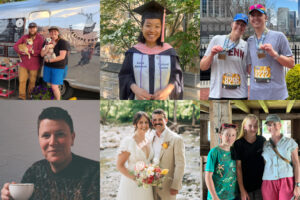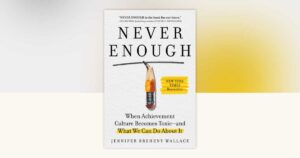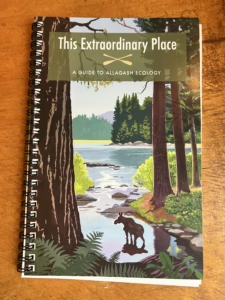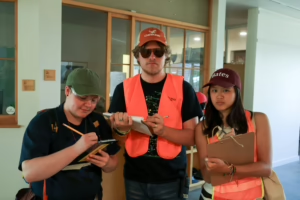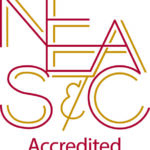“When we think about improving food systems, workers often get sidelined,” says Tasnim Elboute. “I want to narrate the lives of those at the center of food production.” In her native Morocco, these are most often the stories of economically precarious women and girls.
An alumna of Maine Coast Semester at Chewonki (semester 48), Elboute is passionate and persistent. “Attending Chewonki got my wheels turning about the kinds of issues I wanted to pursue in college,” she says. For someone who was just beginning to identify with the idea of being an environmentalist, it was a perfect time to explore questions about American and international food systems. Elboute particularly valued the opportunity to study Salt Marsh Farm from an academic stance while also participating in the physical labor of food production.

Not surprisingly, Elboute decided to pursue environmental studies focusing on food and agriculture. She enrolled at Yale University and supplemented her studies with a junior year internship at Food First in Oakland, CA, a nonprofit “people’s think tank” dedicated to ending the injustices that cause hunger. The organization is committed to looking beyond technical solutions towards systemic change. “Food First opened my eyes to the development framework and helped me step outside US-centric literature.”
Around the same time, Elboute took a class that looked at environmentalism from an anthropological perspective. “Often, the connection between food, environmental movements, and social justice is not centered,” says Elboute. The class asked her to examine big questions: What social structures allow environmental inequities to continue? How can global food systems feed our growing world population without pushing the earth beyond its capacity? And, where could she exert pressure to make an impact?
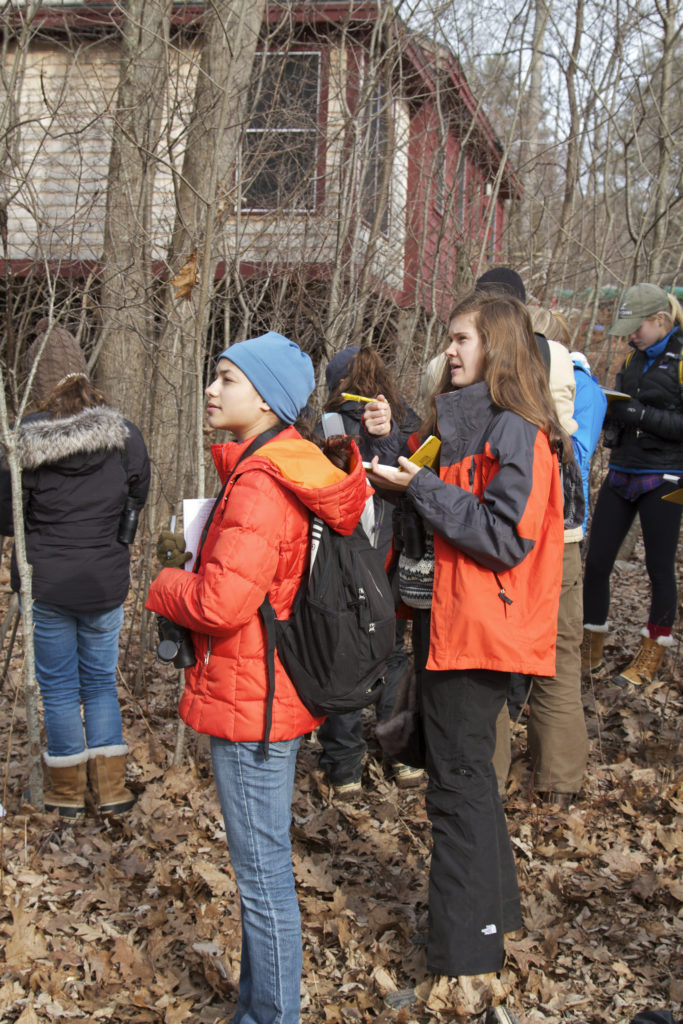
Elboute graduated from Yale and enrolled at the School of Oriental and African Studies (SOAS) at the University of London, in the anthropology and development studies program. In 2018 she was awarded a Fulbright to study female farmworkers in Morocco, a project inspired by a previous study abroad experience in the country visiting an industrial tomato farm.
“I was stunned by the number of trucks of women moving in and out,” says Elboute, who was also surprised to hear the women described as “inputs” in her food system lectures. She was fascinated by how Moroccan agriculture conceived of the ideal farmworker so differently than in the U.S. and was curious to learn more about these women’s lives.
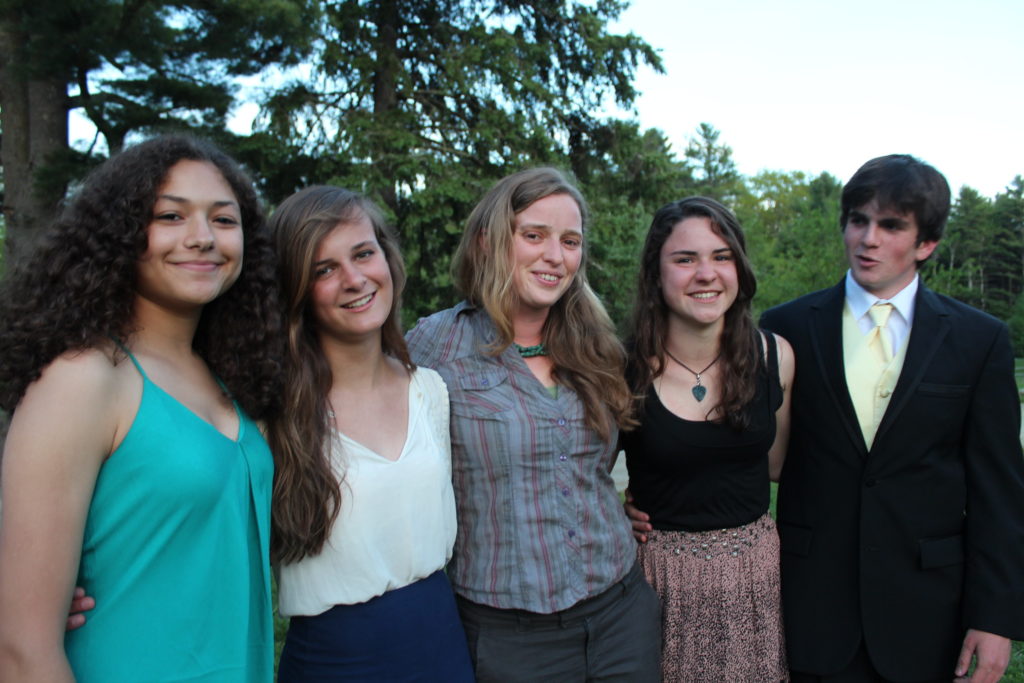
Elboute’s Fulbright research examined the socio-economic conditions that made Morrocan women vulnerable to exploitation by industrial farm operations, why their labor was in such high demand, and what was happening to drive change. She eventually pieced together a complex picture of cultural, environmental, and economic factors contributing to female farmers’ economic precarity in Morocco. She was surprised to learn, however, that her perspective had changed.
“I realized that I had romanticized my role,” says Elboute, who had imagined that she would offer helpful research for those interested in improving the farmworkers’ lives. “But, my idea of the problem and what needs to be done to improve the system was my own conception.” Organizing can invite real danger – particularly for a population with few safety nets, and it was not Elboute’s battle to fight. “The reality is that workers, not researchers, organize worker movements,” she says.
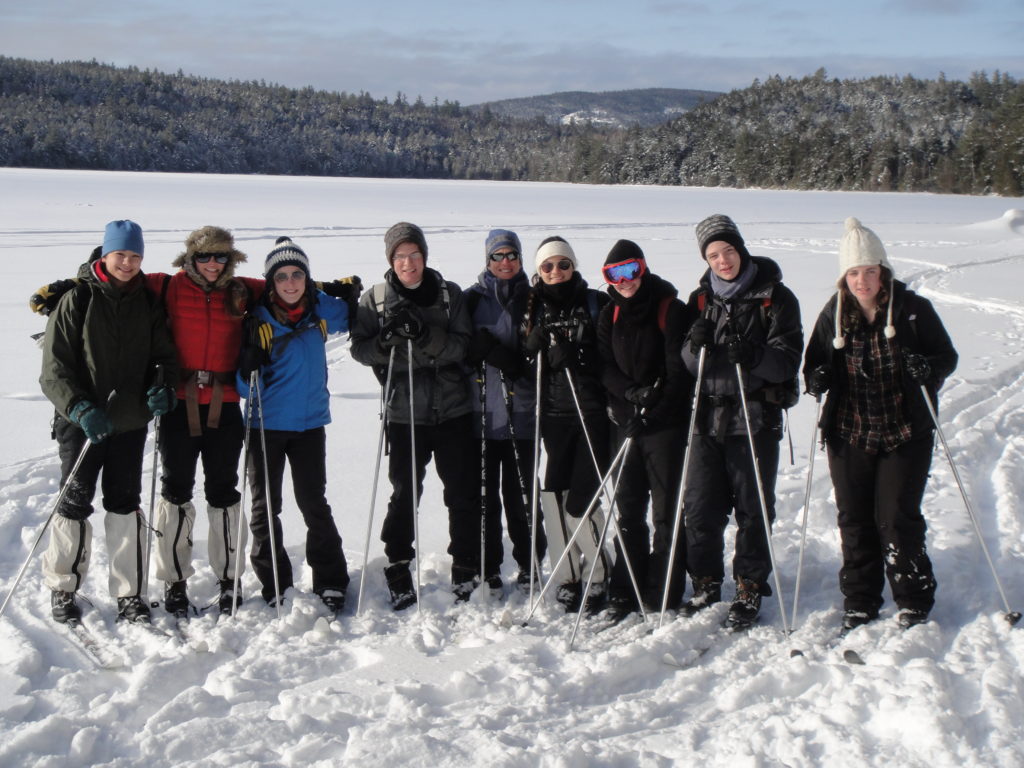
Elboute finished up her Fulbright research and decided to stay in Morocco. She took a job with Dar Si Hmad, a prominent Moroccan nonprofit that operates a fog harvesting program. The organization provides fresh drinking water to the Aït Baâmrane communities, the people of which live in an arid region just west of the Sahara desert. Although it’s not the first program of its kind, it’s the largest and has won numerous awards for its engineering accomplishments. Elboute worked as the ethnographic field school manager, using the fog harvesting site to help students see the connection between environmental science and cultural issues.
“The challenges of this site were anchored in the importance of social justice issues,” says Elboute. “You need to understand the culture – particularly who gets to drink first. Animals are economically prioritized (cattle and donkeys), then children, then elders. The women who collect the water are last.”
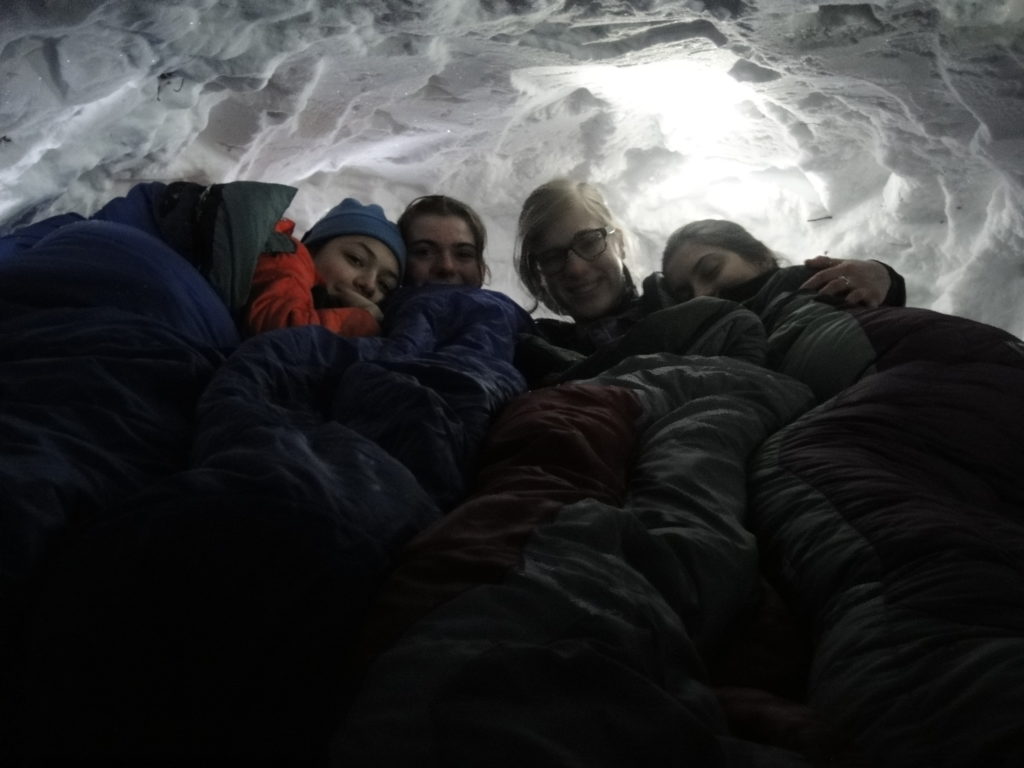
Before the fog harvesting program, many young women would miss school to collect water, which took an average of 3.5 hours a day. Dar Si Hmad is studying whether the fog harvesting program impacts the gender gap in terms of education and finances.
As Elboute continues to advance her understanding of global food systems, her conception of her role has changed, too. “I thought I would go down an academic path and eventually carve out a position as a scholar-activist,” says Elboute. But recently, she’s been thinking a lot more about impact litigation and the intersection of civil and environmental rights. “Legal protections allow workers to unionize and bargain collectively,” says Elboute. “I’m looking into JD programs.”

It’s a long way from her days of weeding vegetables at Salt Marsh Farm, but the thread of her journey remains strong. “What I gained from Chewonki was finding a community that challenges you to think deeply about these issues and see them on an institutional level,” she says, “It was an immersive experience.” We applaud Elboute for her work to advance social justice in our global food systems and look forward to following her journey in the future.

